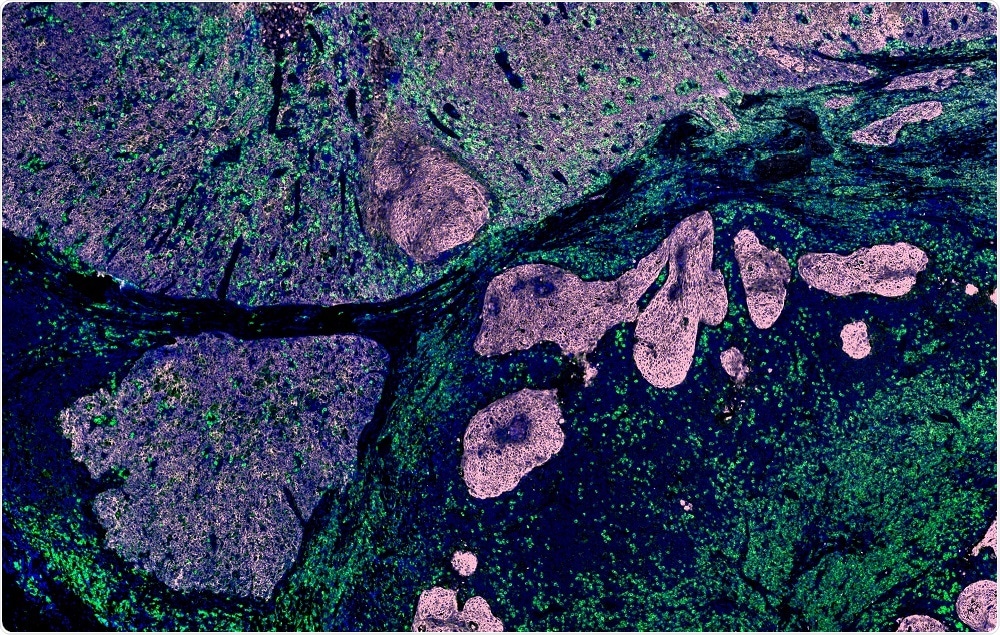
DNA methylation predicts survival outcome in patients with glioma
A new study has shown that survival rates among patients with glioma double if the tumor carries a methylated MGMT gene, compared with tumors that contain unmethylated MGMT genes.
 Image Credit: Carl Dupont / Shutterstock
Image Credit: Carl Dupont / ShutterstockGlioma accounts for 80% of all malignant brain tumors and develops in the supportive glial cells surrounding nerve cells in the brain.
There are several types of glioma, which can be slow-growing (low grade) or fast-growing (high grade). Glioma often grow into the surrounding healthy brain tissue, making them difficult to remove surgically.
Some types of glioma are particularly aggressive and do not always respond to treatment. One patient may succumb to the disease within months, whilst others live for many years after diagnosis.
Methylation of the promoter region of the MGMT (O(6)-methylguanine-DNA methyltransferase) gene has been shown to be a strong predictor of responsiveness to alkylating chemotherapy that work by damaging the tumour DNA.
The MGMT gene encodes a DNA repair enzyme. If this enzyme is deactivated by methylation, the tumour is unable to repair DNA damaged by the chemotherapy and is more likely to succumb to such treatment.
It has been reported that administration of an alkylating agent in addition to radiation therapy can extend survival by three years in patients with certain types of glioma.
Since methylation of MGMT promoter region is known to increase the efficacy of this chemotherapeutic drug, a study was conducted to investigate the impact of MGMT methylation status on survival rates after treatment.
New data from this latest study, published today in JAMA Oncology, show that patients with high-risk, low-grade gliomas exhibiting MGMT promoter methylation are more than twice as likely to survive after combination this alkylating agent and radiation treatment than patients with unmethylated tumours.
Tumour samples from 75 patients with glioma who received the treatment were analyzed for MGMT promoter methylation status.
The results were then correlated with treatment outcome and showed that MGMT promoter methylation is an independent prognostic biomarker of high-risk, low-grade glioma in patientson this treatment regimen.
This is the first study to provide robust data supporting the prognostic value of MGMT promoter methylation in patients with grade II glioma.



































No hay comentarios:
Publicar un comentario